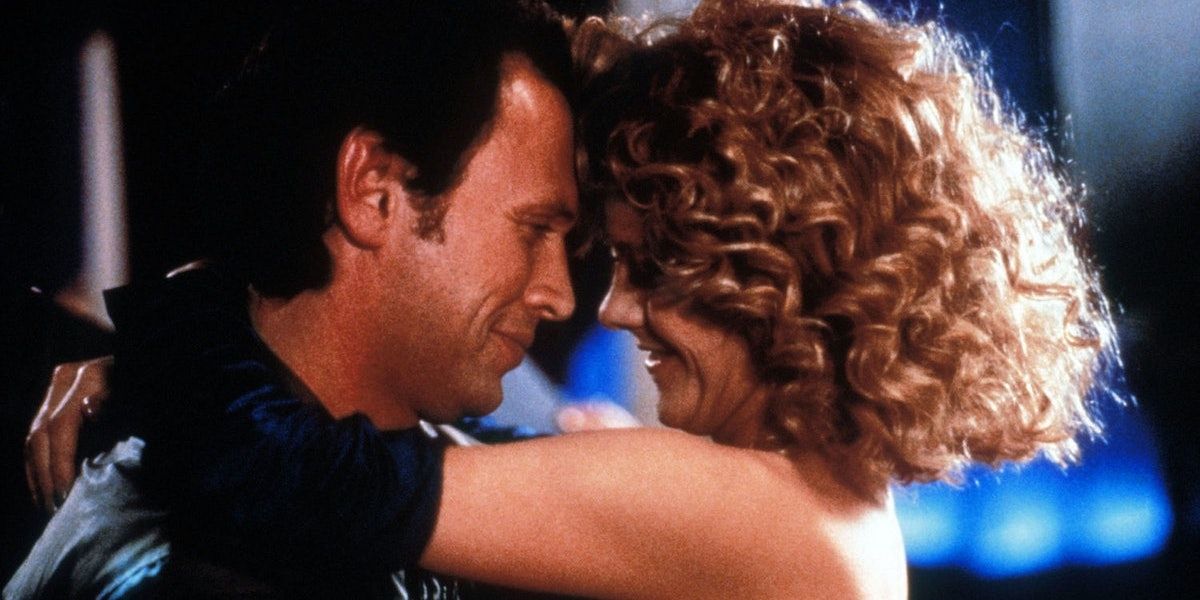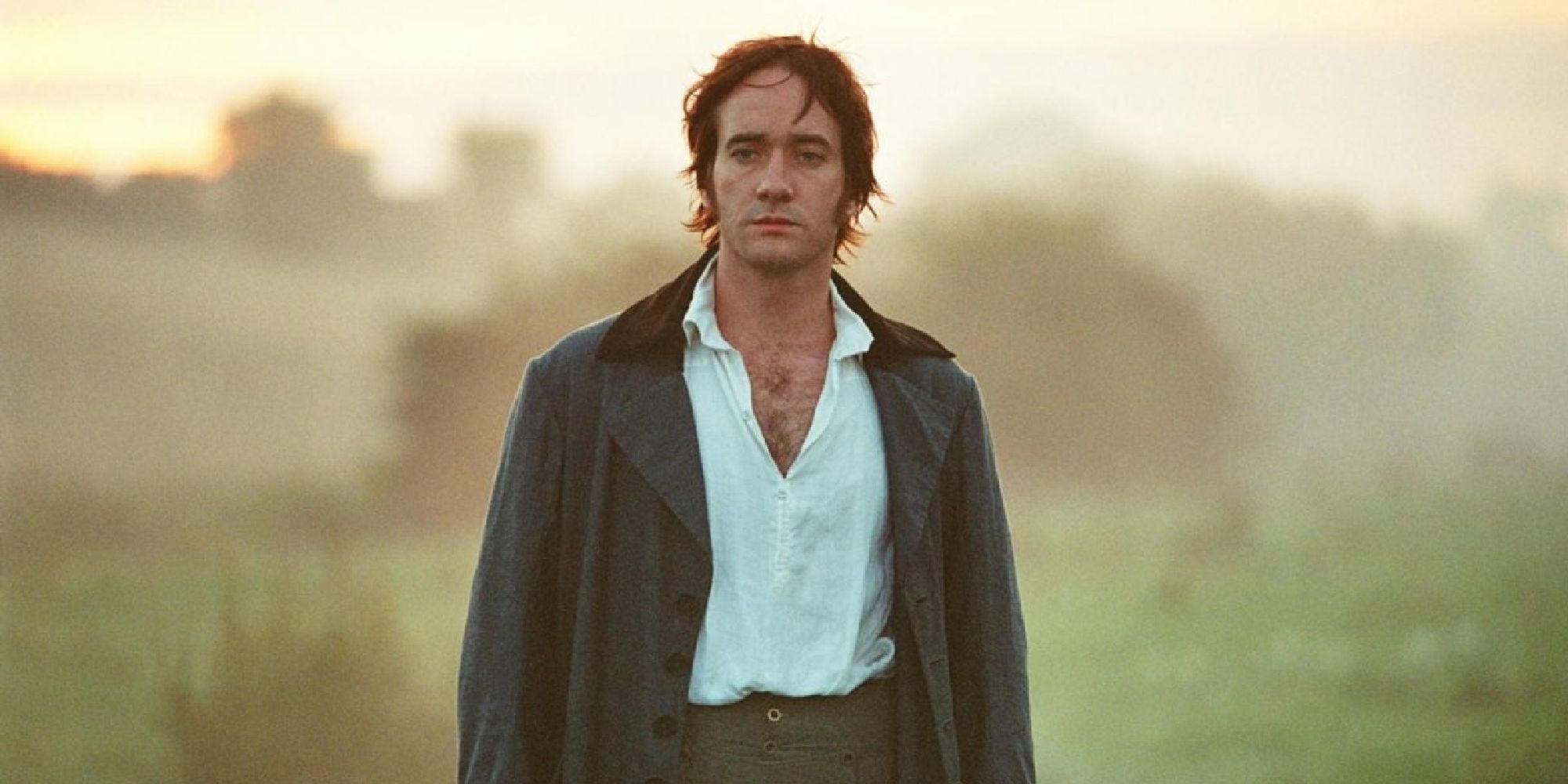Romance stories have the capacity to make audiences laugh, cry, and just about everything in between. Stories about human connection are innately relatable in at least some capacity, and as such are emotionally engaging, tugging on the heartstrings. Love stories take many forms, from friends to lovers, like in When Harry Met Sally, or enemies to lovers, like in Pride and Prejudice, to break-ups and make-ups, like Eternal Sunshine of the Spotless Mind to first love, like in Call Me by Your Name.
The moments that really stay with audiences are those declarations of love, however explicit or implicit. While in many of these climactic scenes, there are very eloquent and grand declarations of love, in others it is a statement that holds meaning beyond a simple “I love you.” Movies have such a magical way of bringing the nuances of love and romance to life, and these romance movie quotes show that there is no one way to express these feelings.
10 “They say when you meet the love of your life, time stops, and that’s true.”
Ed Bloom, ‘Big Fish’ (2003)
Big Fish delves into a father-son relationship, as Edward Bloom (Albert Finney) becomes ill and his son William (Billy Crudup) returns home to be with him. Their relationship is strained due to William finding his father’s constant fantastical storytelling about his life to be annoying and fictitious. On his deathbed, Edward begins recounting his anecdotes to William’s wife Joséphine (Marion Cotillard) at her request. When William, a journalist, starts to investigate the truth in his father’s tales he begins to finally understand his father.
Edward recounting his life story is triggered by Joséphine asking how he met his wife Sandra (Jessica Lange), and it is clear that the magic in his stories comes from the overwhelming love he feels for his wife and son. The line “[t]hey say when you meet the love of your life, time stops, and that’s true” is spoken after a beautiful scene when he sees his future wife for the first time as a young man. As the two make eye contact, all motion freezes around them, as they share this powerful moment illustrating how immense love feels.
- Release Date
- December 25, 2003
- Runtime
- 125 minutes
9 “Meet me in Montauk.”
Clementine Kruczynski, ‘Eternal Sunshine of the Spotless Mind’ (2004)
Eternal Sunshine of the Spotless Mind centers on Clementine (Kate Winslet) who undergoes a procedure to erase her memories of her ex-boyfriend Joel (Jim Carrey). Joel finds out about Clementine’s extreme methods of getting over their relationship and decides to undergo the same procedure, slowly beginning to forget the woman he loved and in the process realizes that he loves her deeply and does not want to let her go.
The film is directed by Michel Gondry, and is abundant with surreal visuals that imaginatively and poignantly represent the grief and pain felt at the breakdown of a relationship. The line “meet me in Montauk” is spoken by Clementine in Joel’s memories before his last memory is wiped. Montauk is where the pair first met. The non-linear nature of the romance film is powerfully used here, as the events at the start of the film are triggered by this line. The film opens with the two meeting again, not, in fact, for the first time. However, this time without their memories of one another, allowing them to start their relationship afresh.
- Release Date
- March 19, 2004
- Runtime
- 108 minutes
8 “We’ll always have Paris.”
Rick Blaine, ‘Casablanca’ (1942)
The classic romance, Casablanca, is set in World War II and follows nightclub owner Rick Blaine (Humphrey Bogart) who discovers his old love Ilsa (Ingrid Bergman) is in town with her husband, Victor Laszlo (Paul Henreid). Laszlo is an infamous rebel being pursued by Germans, and Ilsa reaches out to Rick to help them get out of the country. As they meet again, their feelings resurface.
“We’ll always have Paris” has become a famous quote from Casablanca used now to mean that the memory of a moment remains and is cherished no matter what the future holds. The line is spoken in the final scene of the movie when Rick accepts that his relationship with Ilsa is not possible due to immovable circumstances, yet they will still have that powerful memory of their romance before the Nazi invasion of France.
Casablanca
- Release Date
- January 23, 1943
- Director
- Michael Curtiz
- Cast
- Humphrey Bogart , Ingrid Bergman , Paul Henreid , Claude Rains , Conrad Veidt , Sydney Greenstreet
- Runtime
- 102 minutes
7 “You jump, I jump.”
Rose DeWitt Bukater, ‘Titanic’ (1997)
One of the most romantic films of all time, Titanic, follows poor artist Jack (Leonardo DiCaprio) and rich debutante Rose (Kate Winslet) who meet aboard the ill-fated first voyage of the supposedly “unsinkable” RMS Titanic in 1912. Rose is forced to marry the wealthy Caledon Hockley (Billy Zane), yet she is enraptured when she meets Jack, and they engage in a love affair. Their romance is put in peril though, when the ship hits an iceberg, endangering the lives of all aboard.
Though audiences have been critical about the fact that ultimately, Jack could have also fit on the door, this is undeniably one of the most epic romances in cinematic history. The line “you jump, I jump” is proclaimed by Rose when she climbs off the lifeboat about to carry her to safety to return to Jack so that they can be together through the traumatic event. She feels such an overwhelming love for him that she is willing to sacrifice her life to spend her final moments with him. What could be more dramatically romantic than that?
- Release Date
- November 19, 1997
- Director
- James Cameron
- Runtime
- 194 minutes
6 “Call me by your name, and I’ll call you by mine.”
Oliver, ‘Call Me by Your Name’ (2017)
Call Me by Your Name is set in Lombardy, Italy in the summer of 1983. The story follows the talented and clever 17-year-old Elio Perlman (Timothée Chalamet) who spends his time playing piano, reading and partying with the locals. When his father’s intern, the handsome doctoral student Oliver (Armie Hammer) comes to stay, a desire is awakened in Elio and the two develop a bond that summer that will change their lives forever.
The famous line that led to the title of the book and film “call me by your name, and I’ll call you by mine” has meaning based on an idea that surfaces in Plato’s Symposium. The film is abundant with references to philosophy, Greek mythology, and language, so it is no surprise that Oliver would reference such things. In Greek mythology, humans were created as four-armed, four-legged, two-faced creatures split apart by Zeus, who are condemned to spend their lives searching for their other halves. In his use of this statement, Oliver is implying that he and Elio are two parts of a whole, innately intertwined and destined to find one another.
- Release Date
- November 24, 2017
- Runtime
- 130 Minutes
5 “I love you. I knew it the minute I met you. I’m sorry it took so long for me to catch up.”
Pat Solitano, ‘Silver Linings Playbook’ (2012)
Silver Linings Playbook follows Pat Solitano Jr. (Bradley Cooper), a man with bipolar who is released from a psychiatric hospital and moves back in with his parents, Pat Sr. (Robert De Niro) and Dolores (Jacki Weaver). Pat is intensely determined to win back his estranged wife, reading all the books in her teaching syllabus. He is introduced to Tiffany Maxwell (Jennifer Lawrence), a young widow who offers to help him get his wife back in exchange for him being her dance partner for an upcoming competition.
Pat’s declaration comes in the final scenes of the film. After they perform at the dance competition, Pat’s father tells him not to let Tiffany go as it will haunt him for the rest of his life. His pronouncement of love to Tiffany feels like a true moment of clarity for Pat, breaking through the noise of his struggles throughout the film; it is a perfect culmination of the events of the film. The film is truly authentic, heartfelt, and emotional, and it is impossible to watch with dry eyes.
- Release Date
- September 8, 2012
- Director
- David O. Russell
- Runtime
- 122
- Main Genre
- Comedy
4 “Yes, I can see now.”
The Blind Girl, ‘City Lights’ (1931)
In City Lights, Charlie Chaplin plays his most memorable on-screen character the tramp. In this feature, he falls in love with a blind flower girl (Virginia Cherrill) on the tough city streets. After learning that she and her grandmother are going to be evicted from their home, the tramp tries a series of methods to raise the funds that they need. However, all of his attempts end in failure. At a stroke of luck, the tramp saves the life of a drunken millionaire (Harry Myers), who then rewards him with enough money to change the flower girl’s life forever.
With silent films, actions speak louder than words and in City Lights, the climax of the movie is a display of acceptance and unspoken adoration. “Yes, I can see now” has a double meaning, she can literally see, and she understands who he is and the enormous lengths he went to give her a better life. Throughout the film, the flower girl believes that the tramp is a wealthy man, however, when her sight is restored she recognizes him through his touch and accepts him for who he is. The intertitle in combination with the close-up final looks at one another are a powerful show of adoration, gratitude, and acceptance.
- Release Date
- March 7, 1931
- Director
- Charles Chaplin
- Cast
- Charlie Chaplin , Virginia Cherrill , Al Ernest Garcia , Albert Austin , Henry Bergman
- Runtime
- 87 Minutes
3 “Stop that girl!”
Don Lockwood, ‘Singin’ in the Rain’ (1952)
Singin’ in the Rain is about the transition being made from silent films to ‘talkies’ and the struggle to adapt. Don Lockwood (Gene Kelly) and Lina Lamont (Jean Hagen) have been consistently cast as a romantic couple on screen. When their latest film is remade into a musical, it becomes clear that only Don has the voice for the singing part. After lots of work with a coach, Lina still sounds awful, so Kathy Selden (Debbie Reynolds), a young aspiring actress, is hired to record over her voice.
In the scene, it is revealed to the audience that Kathy’s was the voice heard in the feature and, in response, she tries to run away in embarrassment. Lockwood proclaims to the audience to “stop that girl” declaring “that’s the girl whose voice you heard and loved tonight.” There is a double meaning to his declaration; he finally gives Kathy the credit she deserves for her talents and in so doing communicates his love for her.
Singin’ in the Rain
- Release Date
- April 10, 1952
- Director
- Stanley Donen , Gene Kelly
- Runtime
- 103 minutes
2 “I came here tonight because when you realize you want to spend the rest of your life with somebody, you want the rest of your life to start as soon as possible.”
Harry Burns, ‘When Harry Met Sally’ (1989)
When Harry Met Sally follows Harry Burns (Billy Crystal) and Sally Albright (Meg Ryan) from the moment they meet in 1977 as college graduates sharing a ride from Chicago to New York, arguing about whether men and women can truly be friends, to the events that follow their meeting ten years later. The two become good friends and try to prove that men and women can be friends without attraction being an issue.
Harry’s declaration of love to Sally on New Year’s Eve remains one of the most iconic romance scenes in cinematic history. Being privy to the relationship from the first meeting to this point means that the impact of Harry finally announcing his feelings to her is even more powerful. This final scene truly pulls on the heartstrings as Harry expresses all the nuances about Sally that he has grown to love and find endearing. Their bond is authentic, based on a foundation of friendship; When Harry Met Sally is the best example of friends to lovers in film.
When Harry Met Sally
- Release Date
- January 12, 1989
- Runtime
- 96 minutes
1 “You have bewitched me, body and soul, and I love-I love-I love you. I never wish to be parted from you from this day on.”
Mr. Darcy, ‘Pride and Prejudice’ (2005)
Based on Jane Austen’s beloved novel, Pride and Prejudice centers on Elizabeth Bennet (Keira Knightley) who lives with her mother, father, and four sisters. She faces mounting pressure from her parents to marry, as “it is a truth universally acknowledged, that a single man in possession of a good fortune, must be in want of a wife.” The outspoken Elizabeth is introduced to the handsome, reserved, and wealthy Mr. Darcy (Matthew Macfadyen), whom she believes is arrogant. Sparks fly between them in a battle of wits, but the question is can they overcome their own pride and prejudice from standing in the way of their affections?
Before he makes his speech, Mr. Darcy is shown walking across the misty moors in the early morning in the famous shot in his slightly unbuttoned shirt and long coat, illustrating that he could not wait any longer to declare it, desperate to tell her how he feels. Mr. Darcy’s overly reserved demeanor throughout the film makes this declaration to Elizabeth all the more impactful, and the deeply romantic and beautiful language used perfectly illustrates the immense feelings for her that have overcome his being.
Pride and Prejudice (2005)
- Release Date
- September 11, 2005
- Director
- joe wright
- Runtime
- 127 Minutes

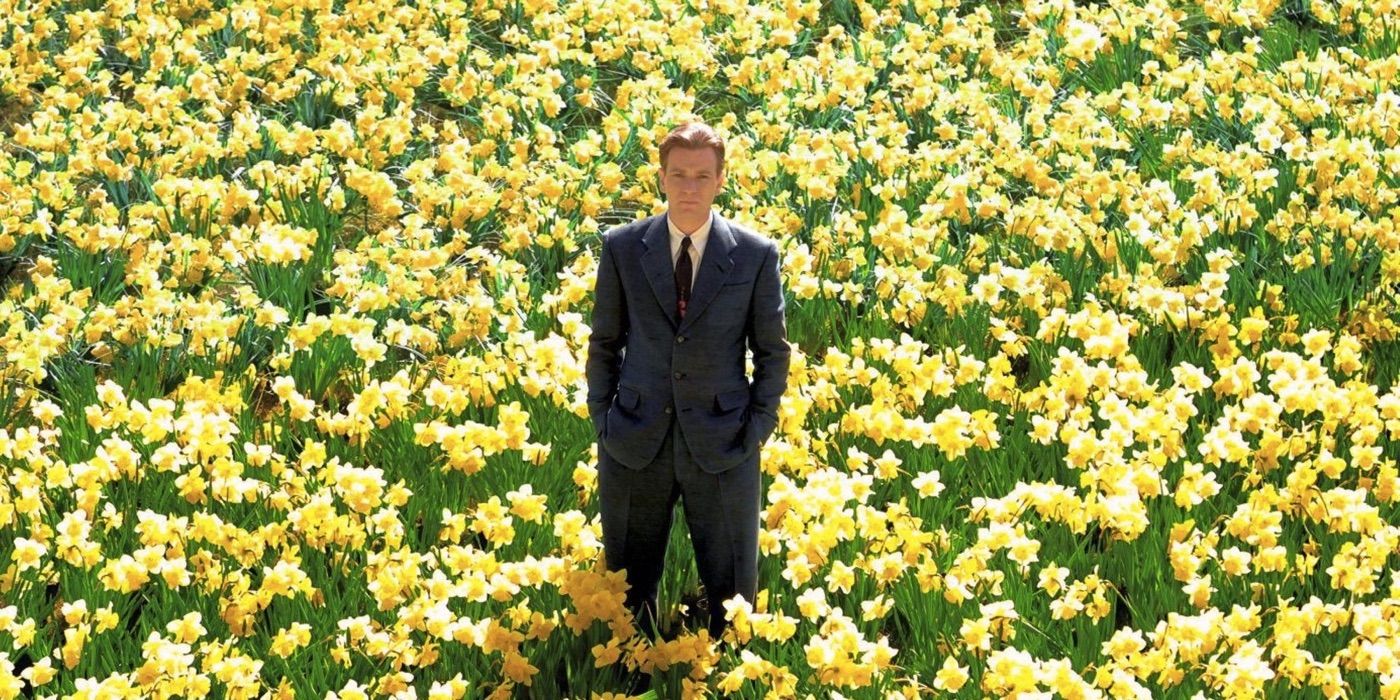
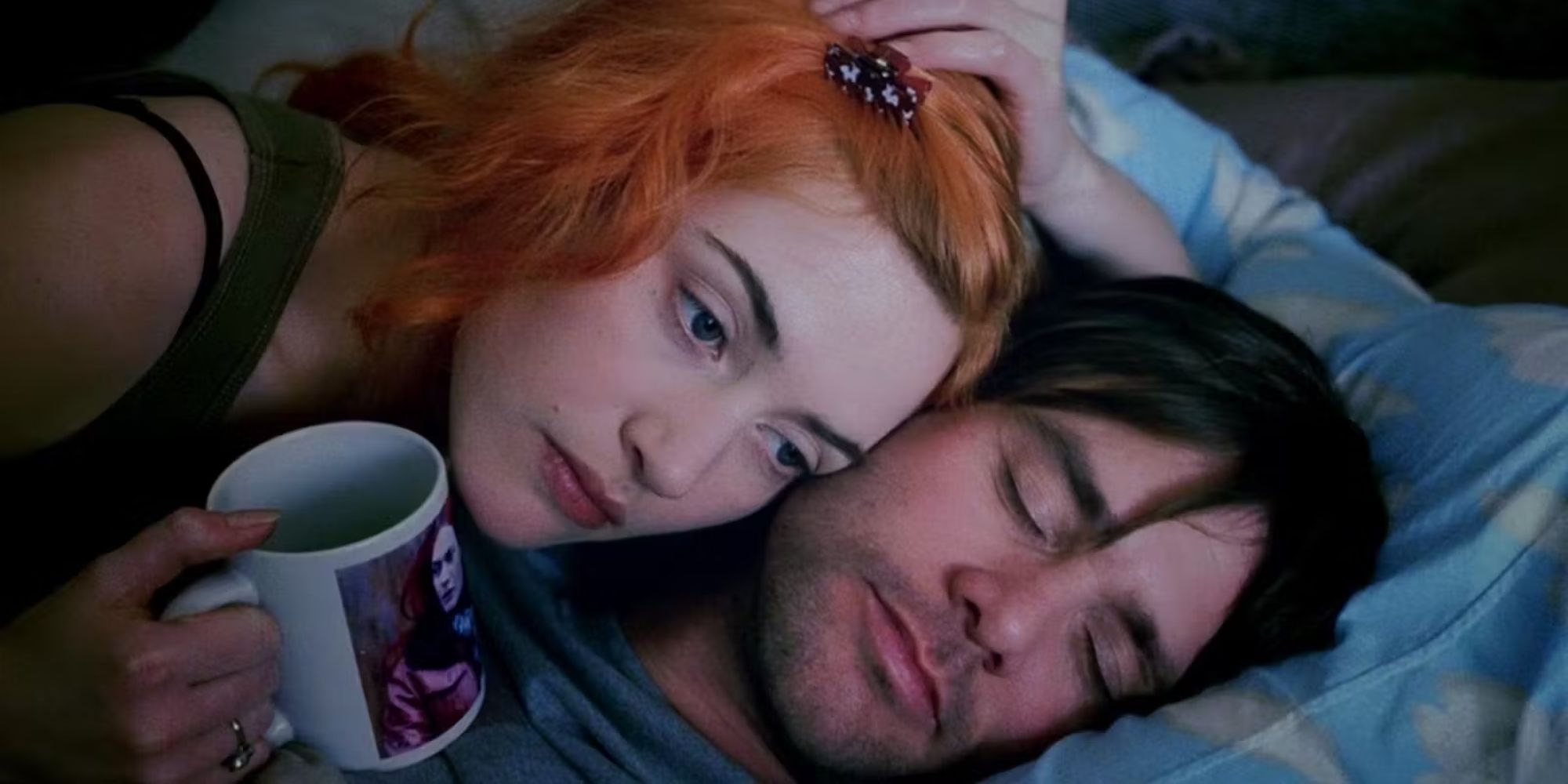

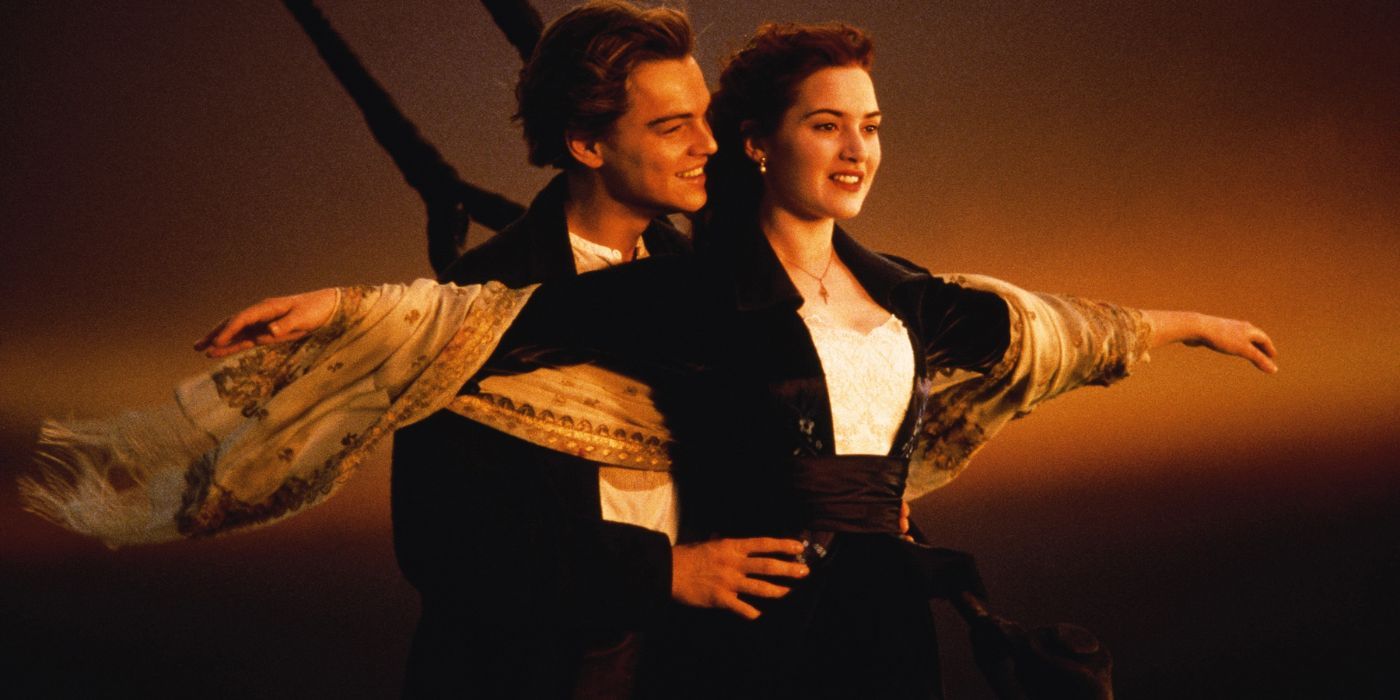
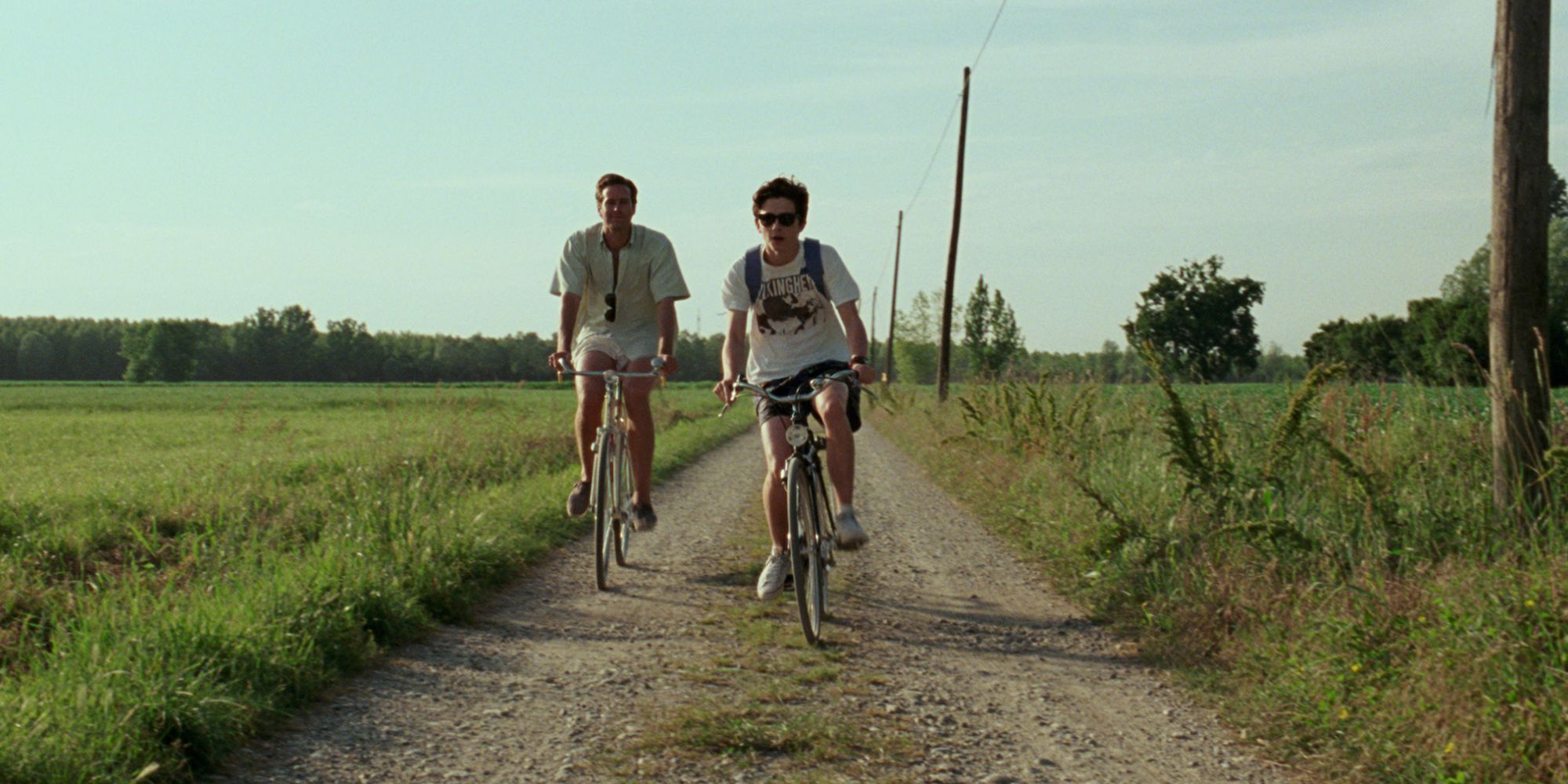
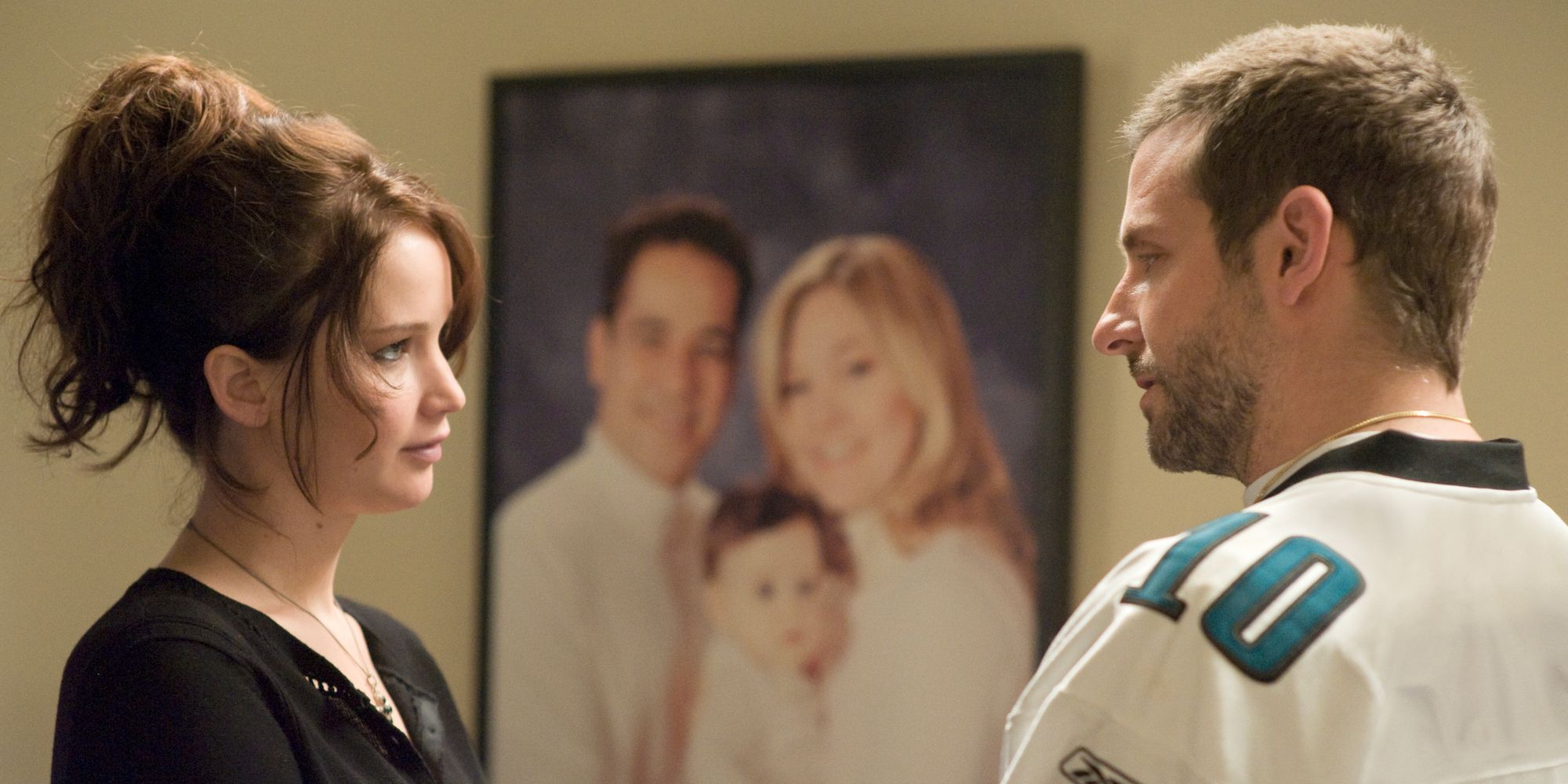
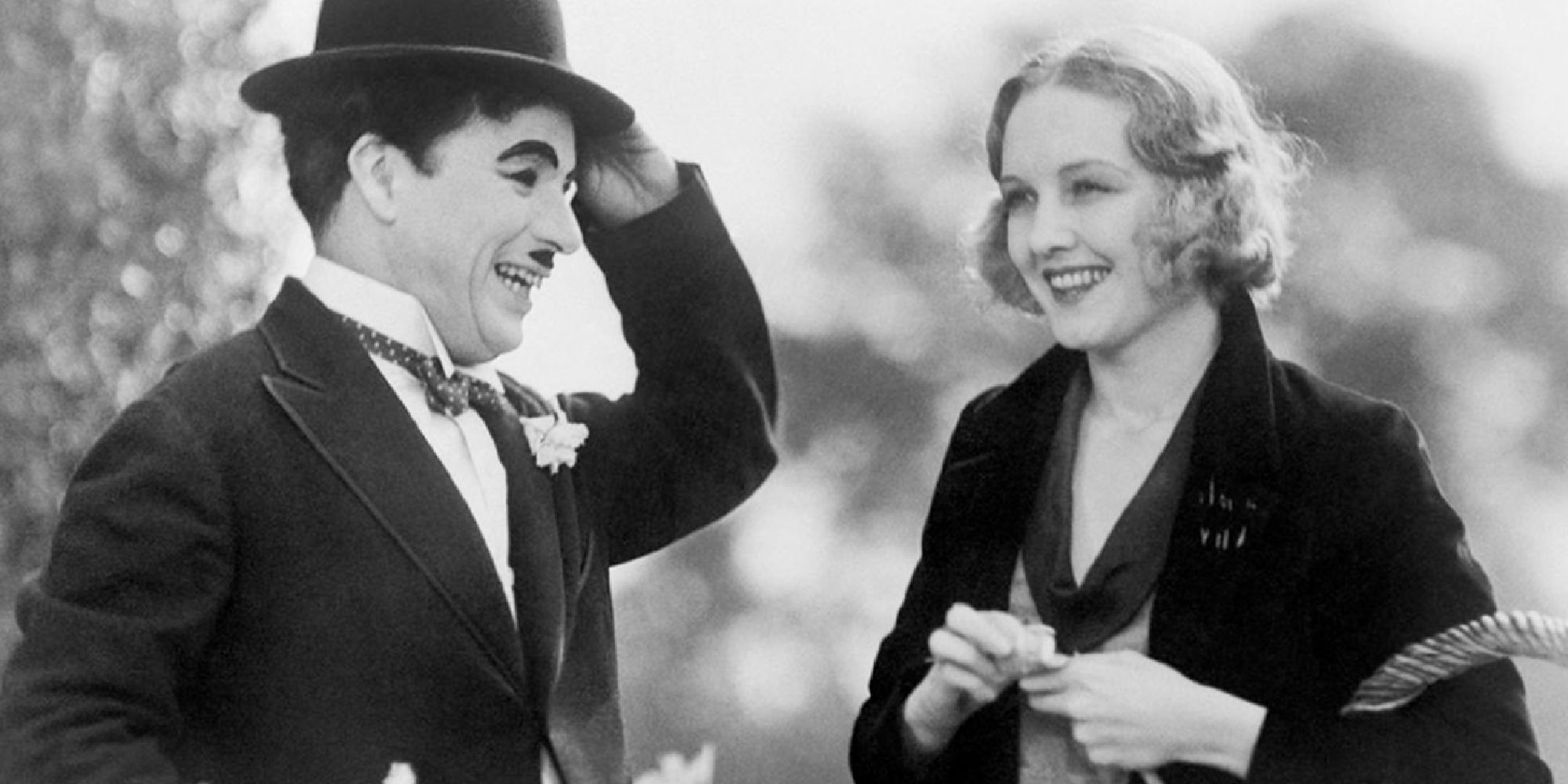
.jpeg)
